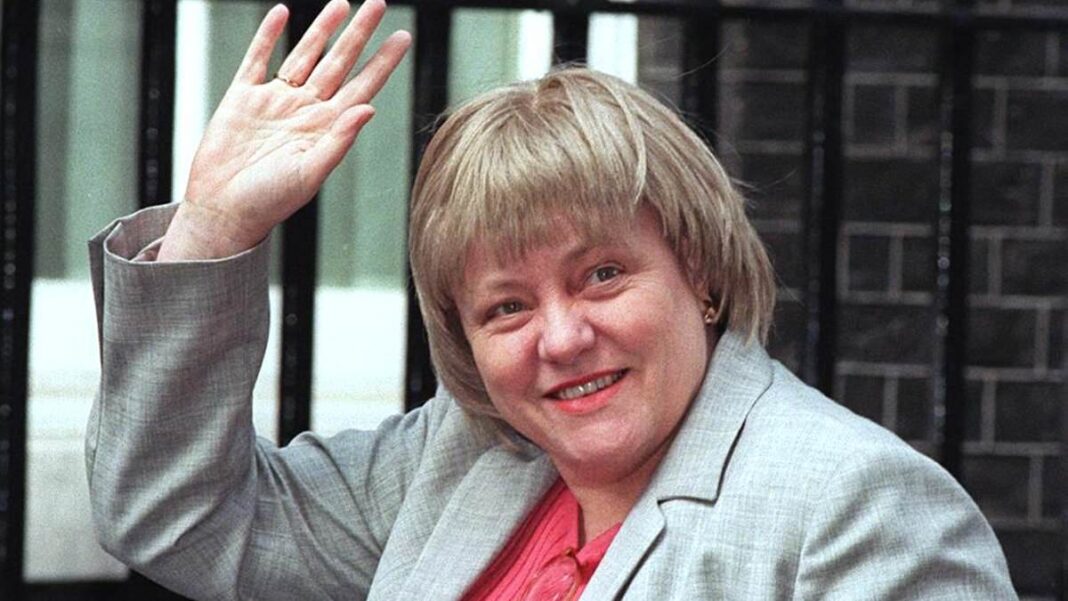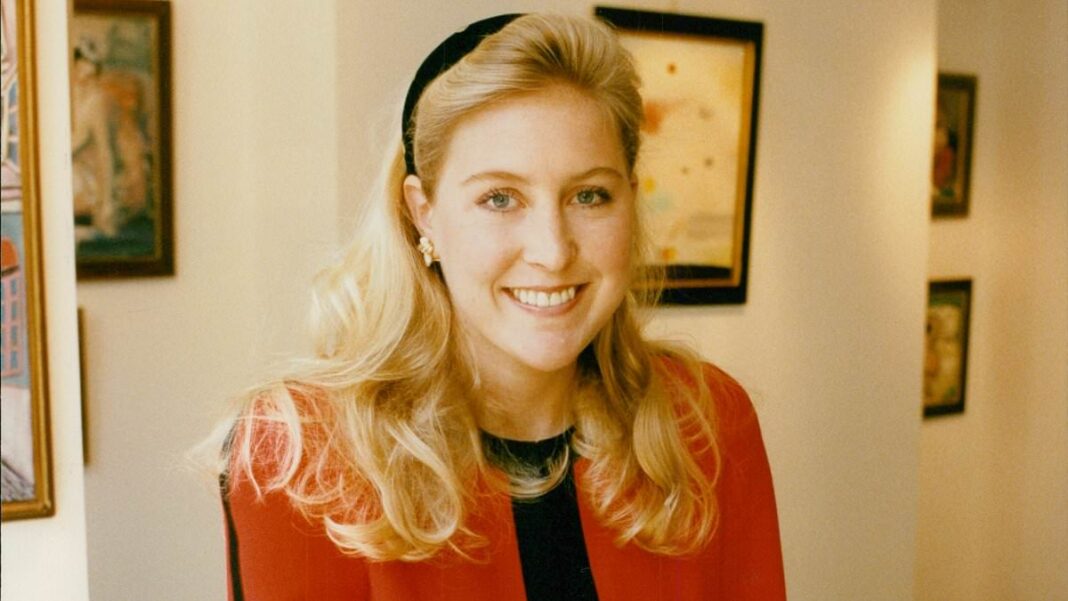A leading cancer specialist who treated Northern Ireland Secretary Mo Mowlam has warned her life could have been cut short by a decade under proposed changes to assisted dying laws.
Professor Mark Glaser said that if assisted dying is legalised it will be a ‘disaster’ for patients like Dr Mowlam.
While receiving treatment for a brain tumour, the Labour firebrand brokered the Good Friday Agreement in 1998. She was given a short prognosis after being diagnosed in late 1996, but she survived until 2005.
Prof Glaser, the former head of cancer services at Imperial College Healthcare NHS Trust, said that proposed changes to assisted dying laws are not evidence-based.
He told The Mail on Sunday: ‘I can recall several patients who came to me with a prognosis of months and they are still being cared for by me many years later.
‘Mo Mowlam didn’t live the six months, the 12 months or the 15 months which her prognosis and the scientific literature would have said about her case.
‘She lived for eight years, and after her exit from politics she had a productive and useful life.’
Labour MP Kim Leadbeater’s Terminally Ill Adults (End of Life) Bill was formally introduced to Parliament last week and it is due to be debated by MPs on November 29, with the first vote for a decade on the topic to follow.
Last night, three of Britain’s top prosecutors came out in support of the change in the law to allow someone who is terminally ill to end their life.
Sir Max Hill, Dame Alison Saunders and Lord Ken Macdonald of River Glaven, who have all served as director of public prosecutions (DPP), told the Sunday Times they had all concluded that the existing law was ‘not fit for purpose’.
The bill is expected to propose granting a right-to-die to terminally ill patients who doctors say have less than 12 months to live.
Prof Glaser admitted that he thought Dr Mowlam ‘had months to live’ when they diagnosed her but, he said, ‘I realised she was optimistic and she wanted to go on.
‘Everything Dr Mowlam at the time exhibited we were able to get over to such an extent that she could play such an immense role in the Good Friday Agreement. This says so much that the symptoms of a disease can be managed.’
Prof Glaser, who is in his late 70s, said that if assisted dying is legalised it will create a culture of hopelessness in the NHS. ‘It will be a disaster for patients,’ he said, ‘but it might be good for the NHS budget.’
End-of-life care will be worse, he predicted, as assisted dying would become a financially attractive option to shorten the care of patients thought to be dying.
He said: ‘It is not for us as a society to decide who gets the resources of life and death.’








